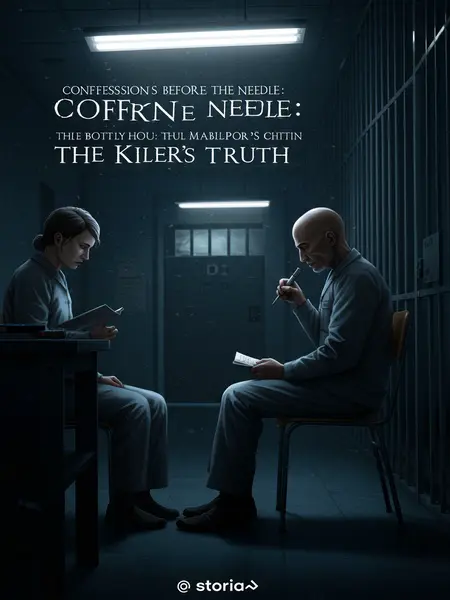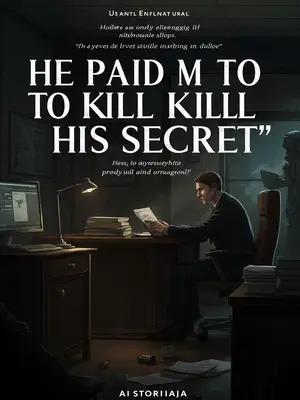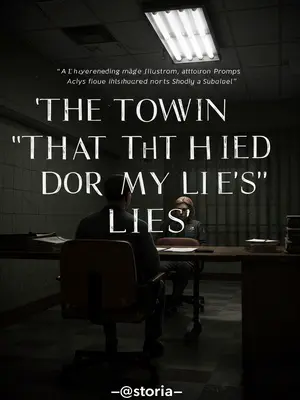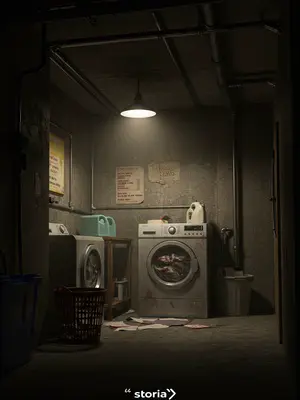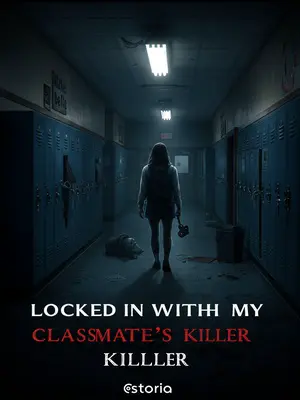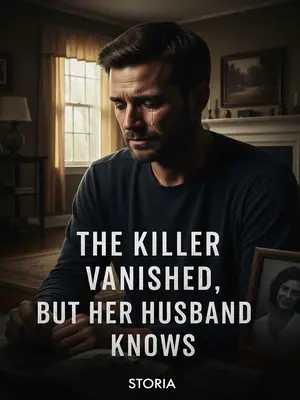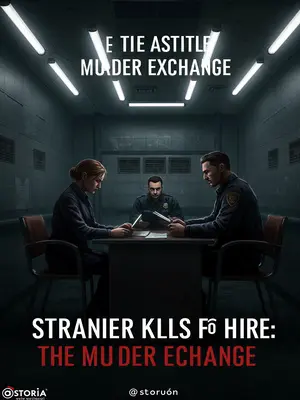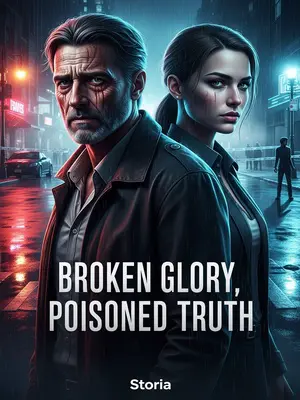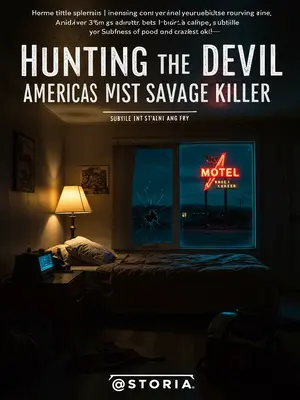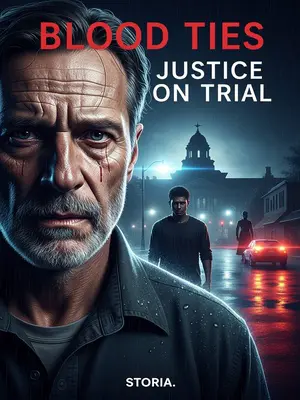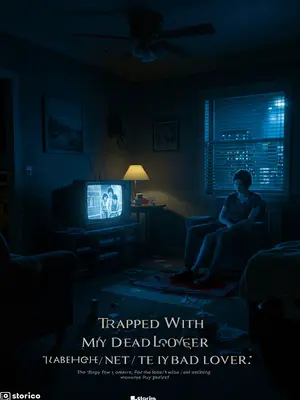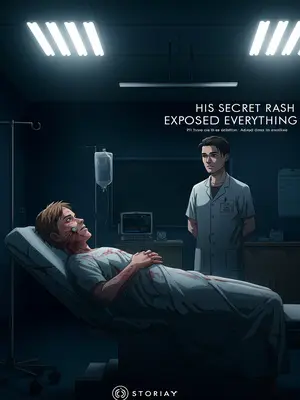Chapter 6: The Window Left Open
Brian’s narration (2):
I watched the executions every day. My mom knew. That was the point.
It wasn’t that my mom found a job at the machine works and so we moved here. It was the other way around.
She chose the job because of the execution grounds. She wanted to move here.
The apartments at the machine works were our third place.
When I was little, I was smart, well-behaved—the pride of the family.
But by second grade, things changed. I started bullying classmates—first locking them in storage rooms, then by fifth grade, beating a kid so badly he went to the hospital.
My parents apologized and paid out again and again. Teachers lectured me, but nothing changed.
My mom cried every night, asking, "You used to be so good. Why are you like this now? Was it something we did?"
Whenever my dad got called in, he’d come home and whip me with a belt, then make me stand all night. The last time, he beat me until I curled up on the floor, unable to move.
But then, he caught my eye and just stopped. He was scared—told me someday I’d kill him.
He left soon after and never came back.
In fifth grade, I was expelled. No other school nearby would take me.
My mom had no choice but to leave town with me.
She’d heard stories about mothers moving again and again for their kids, so she brought me to live near a university, hoping a better environment would change me.
At the new school, teachers liked me—I had good grades, acted polite. My mom relaxed, thinking I was finally better.
But it was just an act. I was good at pretending.
It lasted less than two years. In seventh grade, I almost got a drifter to help kidnap the college girl next door.
Her boyfriend wouldn’t let it go and came to school to confront me. The teacher called me in; I had a knife in my pocket, nearly did something terrible.
My mom knelt in the principal’s office, begging for a break.
The principal was clear: I was a lost cause, bound for trouble. The school couldn’t take the risk. He told my mom to deal with it.
So I got expelled again.
My mom got sick. When she recovered, she was different—sharper, somehow.
She moved us again, this time here.
Our apartment at the far end of the Machine Works, right next to the execution grounds, was the one nobody else wanted.
Most families boarded up that window, blocking the view.
My mom did something similar—used newspaper instead of boards. Blocked the view, but not the light.
And a window covered with newspaper could still be opened.
She put a flower rack outside and grew orchids in a red clay pot. Every morning, she’d go out to water them, never looking at the grounds.
But she always left the window cracked for me.
I knew what she wanted. When good influences failed, she tried the opposite—let me watch bad people die, hoping I’d feel fear and learn empathy. Maybe I’d become good.
At first, the executions shocked me. I tried to be good again.
But only I knew how much it hurt. I forced myself to hold back, and it tore me up. I started cutting myself—scars all over. My mind was coming apart.
It’s hard to stop yourself from doing wrong.
Dr. Carter, look.
---
Brian, still cuffed, ducked his head and used his teeth to tug up his sleeve, revealing the old scars on his arm.
Under the harsh light, the pale marks told their own story.
I took a breath. "That’s desperate. Most moms would have run. Yours stayed and fought."
Brian said, "But it just made me more twisted. Trying to force someone straight—doesn’t it just make things worse?"
"You’re not wrong," I admitted. "But don’t use that as an excuse. You know what you did, and you’ve had a fair trial. If you’re hoping this will overturn things, it won’t."
Brian shrugged. "I’m just telling it how it was."
I shook my head. Truth or not, it didn’t change what I knew: his crimes were real. In these last hours, he needed to face them.
"Aaron Davis’s family was happy once. You held a grudge and killed him, destroying their lives. Then in here, you killed Matt Fields—again, over a few words. You can’t undo two deaths."
Brian’s eyes flicker—pain, anger, something else. Then he smirks. "Just a few words, and I killed two people. My emotional management must be pretty lousy, huh, Dr. Carter?"
I was at a loss.
As a counselor, I know most inmates’ minds inside out. Some are volatile, some unstable—they need me. But Brian never was. He’d been calm, controlled. Before this, we’d barely talked.
Matt Fields—the man Brian killed—was in for the worst kind of crime. Inmates hated him. Brian, being quiet, was paired with him. They’d gotten along—until they didn’t.
Thinking back, Brian didn’t seem the impulsive type. But the facts were the facts.
I said, "That’s what you confessed to."
"Did I?" Brian was calm. "The story isn’t over."
Execution was close. Did he want to change his confession now?
I checked the time. Ninety minutes left. Whatever Brian was about to say, I knew it would haunt me.
